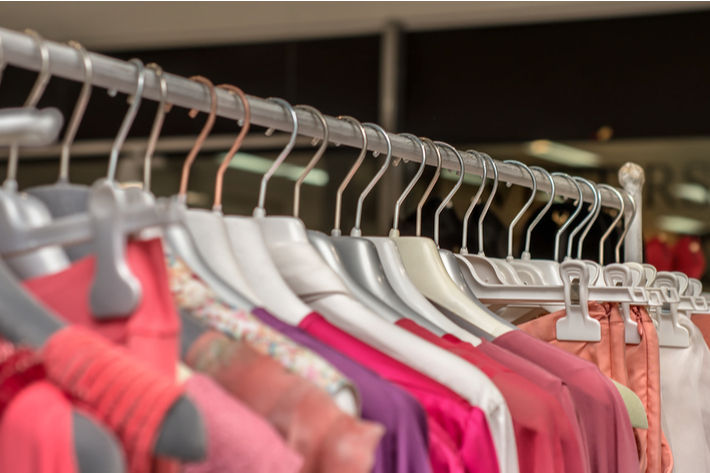
The NBR stand will take raw material sourcing on credit and without value-added tax (VAT) facilities away from small entrepreneurs, forcing them into losing their competitiveness, according to Bangladeshi media reports.
Apparel exporters with bond licences are entitled to purchase raw materials on credit, import duty cut and enjoy VAT exemption on raw material sourcing. The non-bonded factories have been enjoying the same facility against back-to-back letters of credit (LCs).
As small-scale exporters do not have bond licences, they will source raw materials like yarn and accessories from third parties that have bonds to import them.
The revenue board now means to move to obstruct the parties—often called deemed exporters—in selling the imported items to the exporting ventures, an English-language daily in Bangladesh reported.
The Bangladesh Knitwear Manufacturers and Exporters Association (BKMEA), the Bangladesh Terry Towel and Linen Manufacturers and Exporters Association (BTTLMEA), the Bangladesh Textile Mills Association (BTMA) and the Bangladesh Garment Manufacturers and Exporters Association (BGMEA) wrote letters to the commerce ministry last week seeking its intervention.
A row between the revenue authorities and the non-bonded exporters surfaced when in 2014, NBR raised questions about the issue. The exporters subsequently initiated lobbying to change the regulations.
There are reportedly around 1,150 exporters without bonds now, with about 7 lakh workers. To obtain the bond licence, an exporter has to comply with about 30 conditions, some of which, according to apparel makers, are impossible to be fulfilled by a small factory.
Fibre2Fashion News Desk (DS)